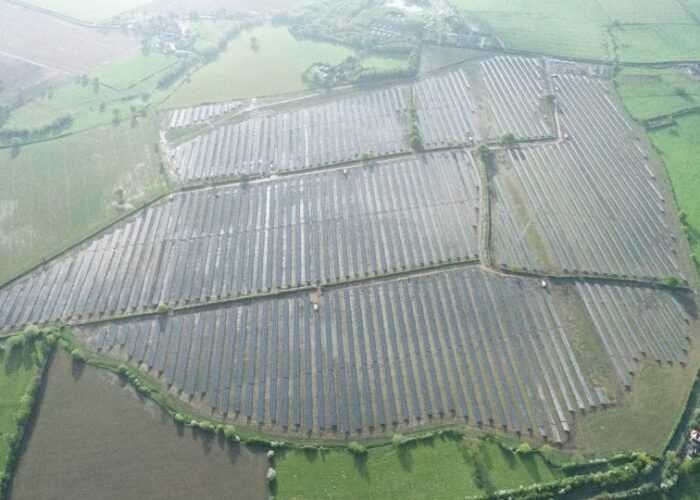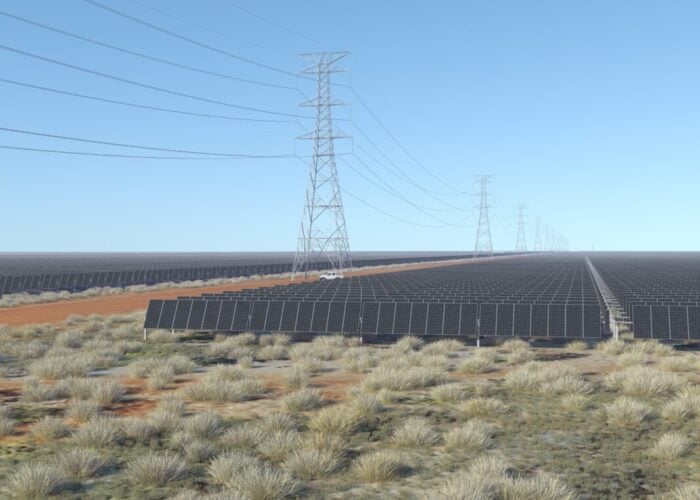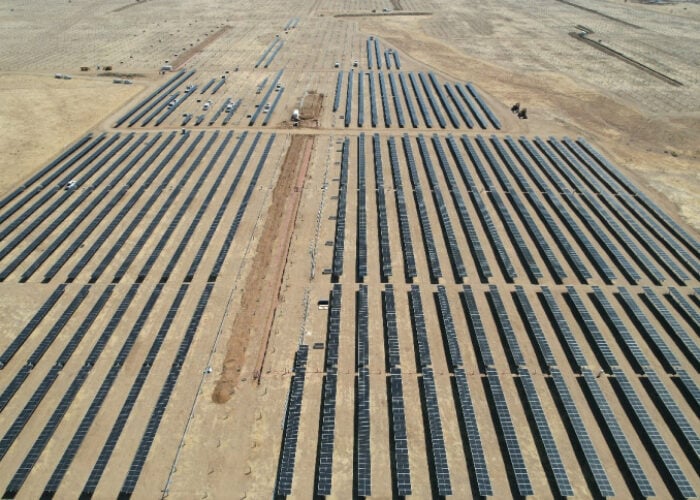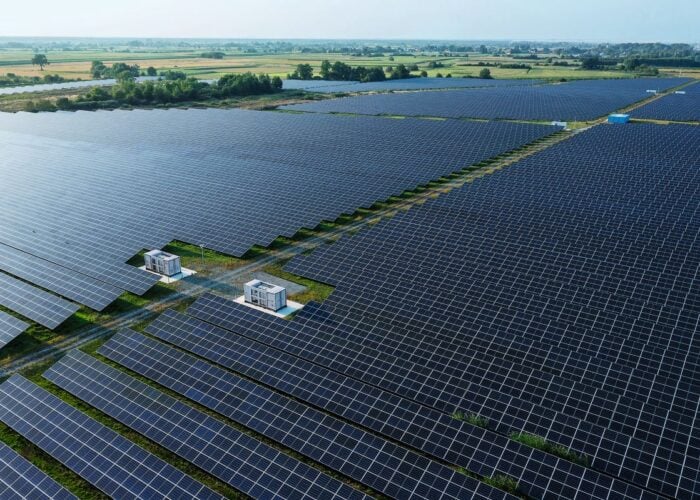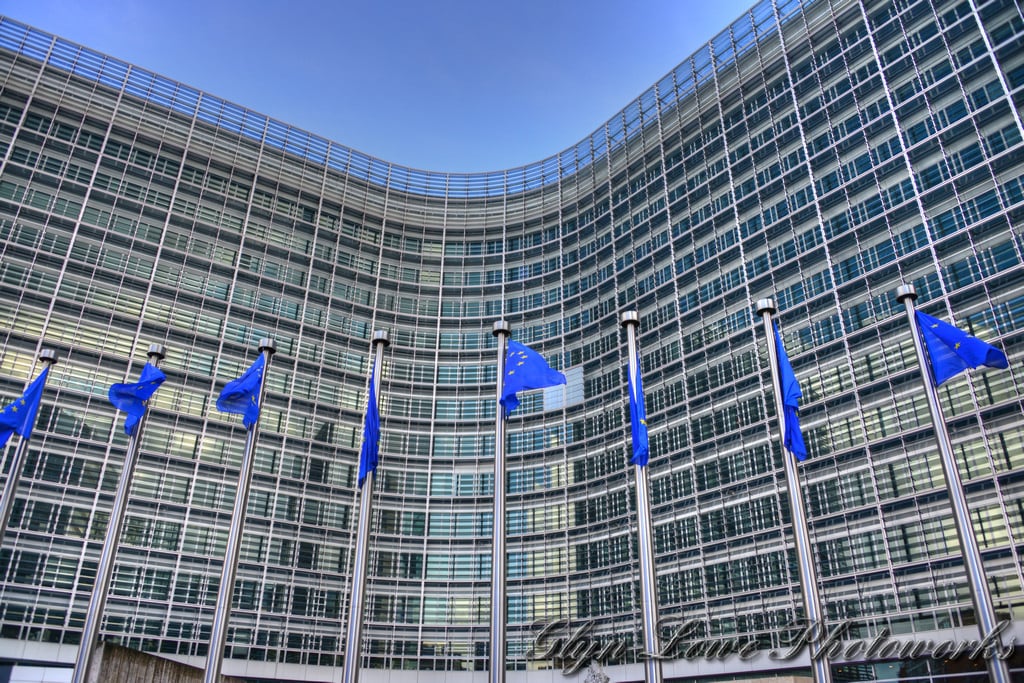
A hard Brexit would run the risk of endangering the UK's progress towards a more decarbonised and secure power market, a think tank in the country has warned.
This morning IPPR North reported its findings from ‘The Impact of Brexit on Energy in the North of England’ study, which concluded that a full withdrawal from Euratom, energy trade being left in the lurch with no formal agreement, and the UK’s withdrawal from participation in European energy research programmes such as Horizon 2020 would pose a significant threat to the UK's green economy.
Unlock unlimited access for 12 whole months of distinctive global analysis
Photovoltaics International is now included.
- Regular insight and analysis of the industry’s biggest developments
- In-depth interviews with the industry’s leading figures
- Unlimited digital access to the PV Tech Power journal catalogue
- Unlimited digital access to the Photovoltaics International journal catalogue
- Access to more than 1,000 technical papers
- Discounts on Solar Media’s portfolio of events, in-person and virtual
Or continue reading this article for free
The report also claimed to uncover new information, including the revelation that the North of England receives 45% of the UK’s share of EU-originated renewable energy research funding, meaning the region would be unduly hit if it was to be withdrawn.
IPPR North concluded that in the absence of a “radical and significant overhaul of government intervention” required to replace roles which the current EU system maintains, the risks associated with a hard Brexit threaten to be unsafe for the industry, and could also derail emission reduction obligations and energy security.
“On energy alone, the government's industrial strategy will need to go from being a mere summary of current policy interventions undertaken by the government in the economy, to one of the most detailed and interventionist plans for a modern economy in the world, if it is to replace Euratom and the decades’ worth of expertise and programmes developed through pan-European co-operation,” Ed Cox, director at IPPR North, said.
“As the government has repeatedly said, leaving the EU does not mean leaving Europe, and if [it] looks as though Brexiteers can’t deliver on their promises, we must continue to have the closest possible relationship with our nearest neighbours on energy,” he added.


